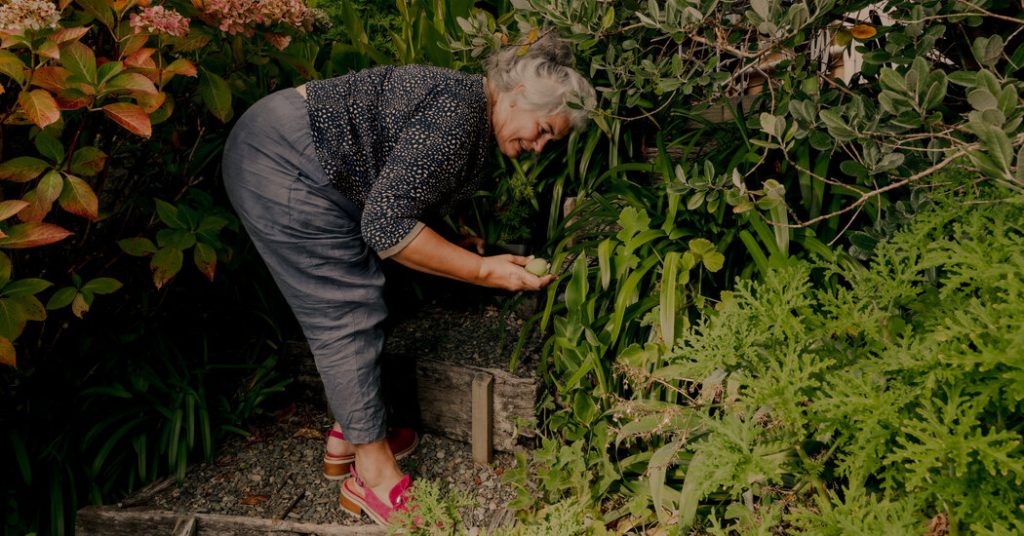Autumn in New Zealand is marked by the abundance of feijoas, a green, egg-sized fruit that is widely shared among neighbors and colleagues but not often purchased. The fruit, also known as the pineapple guava in the United States, has a tangy taste that is difficult to describe but is a quintessential symbol of New Zealand for many. Featuring in various dishes such as muffins, cakes, jams, and smoothies, feijoas are a versatile ingredient that has a place in both sweet and savory recipes. Chef Monique Fiso, who associates feijoas with the modern food pantry of Aotearoa, praises the fruit for its refreshing qualities and its ability to enhance a wide range of dishes.
Despite being a beloved fruit in New Zealand, not every individual is a fan of feijoas. Some customers specifically request to have no feijoas in their orders, a sentiment that chef Monique Fiso finds puzzling. For those who appreciate the fruit, the experience of eating freshly fallen feijoas straight from the tree is considered a highlight of the autumn season. Feijoas, with their unique taste often compared to a blend of pineapple and strawberry, have become a cultural icon in New Zealand and are celebrated in various culinary creations, including a feijoa-flavored sour ale that won a top prize at a national beer competition.
Feijoas, originating from South America, thrives in the New Zealand climate, requiring little care and facing few pests. This has led to a surge in popularity of feijoas, with one importer starting an online store called Feijoa Addiction to cater to homesick New Zealand expatriates living in Australia. The fruit symbolizes a special kinship, serving as a vessel for the Maori concept of whakawhanaungatanga, which emphasizes building and strengthening relationships with others through sharing. Due to their abundance and short storage life, feijoas are often given away in the community, fostering connections between neighbors.
Feijoas have been integrated into New Zealand cuisine and culture, becoming a beloved fruit for many residents. The fruit’s versatility and refreshing taste make it a popular ingredient in various dishes and drinks, from sorbets to beers. Feijoas are also a symbol of community and generosity, with the act of sharing the fruit embodying the Maori concept of building relationships with others. The love for feijoas among New Zealanders is evident in the rituals surrounding the fruit, such as giving away excess feijoas to neighbors and colleagues, reinforcing the idea of connection and care within the community.


